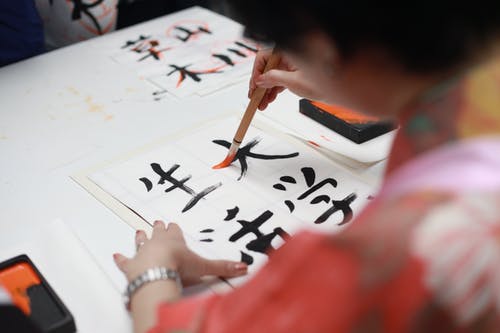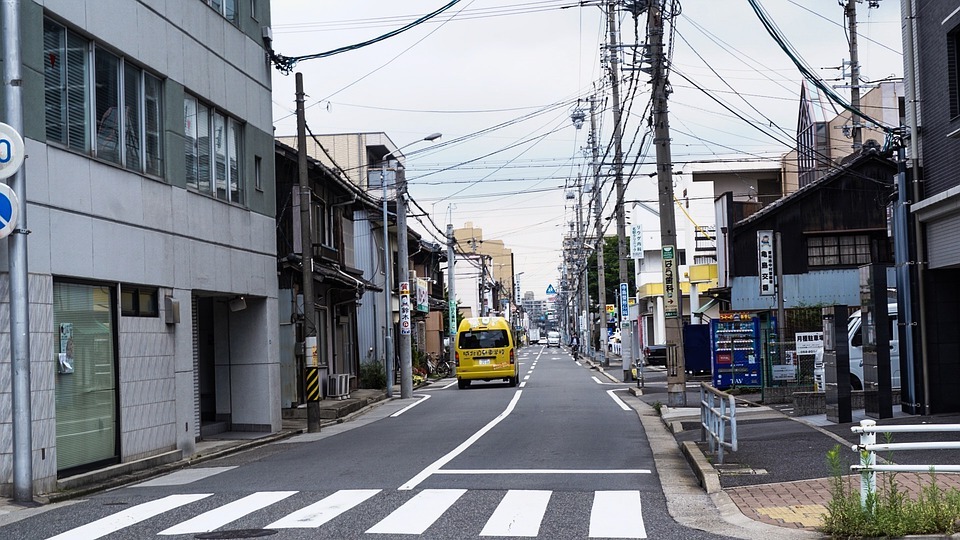Japanese culture is known worldwide for its diversity and incredibility. There is something in its lifestyle and etiquettes that boasts of impressing everyone on this planet. Most of the Japanese traditions and festivals convey a meaningful message to the folk of every culture. From being a clean and green country to being one of the most advanced countries in technology, there is so much for us to learn from Japan and it’s rich culture. Below is a list of 10 remarkable things that you can learn today from Japanese culture.
Celebrating spring with hanami
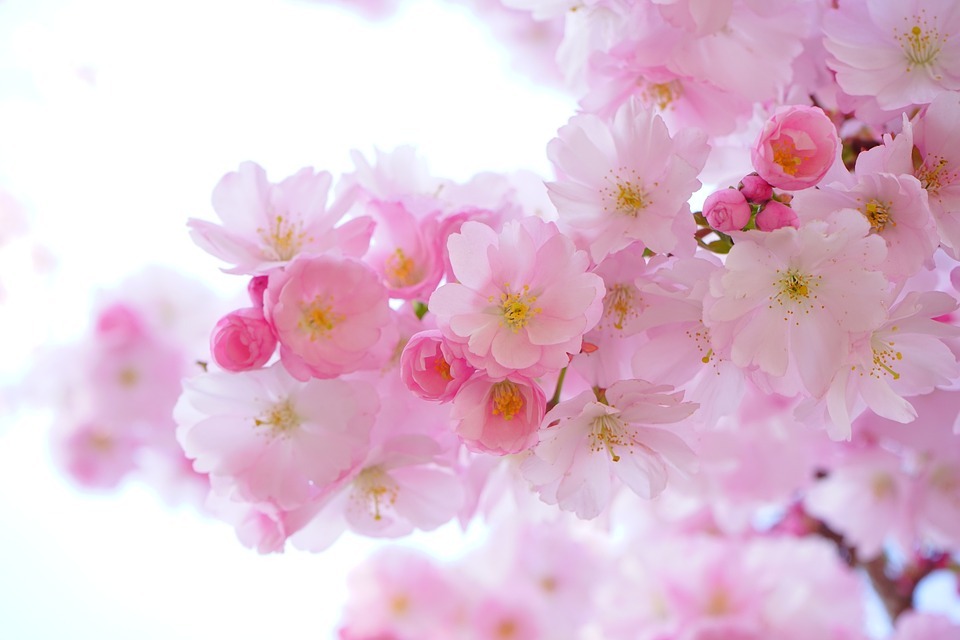
There are many festivals for celebrating happiness in Japanese culture, but hanami or flower-gazing is probably the most cherishable of all. It is celebrated during spring-time when the sakuras (Japanese cherry trees) are in high bloom. People go picnicking under these flowering trees where they chit-chat, talk and appreciate the subtle beauty of sakura blossoms. Cherry blossom conveys a very deep message in Japanese culture, symbolizing the ephemeral beauty of life.
Chanoyu – Tea ceremony in Japanese culture
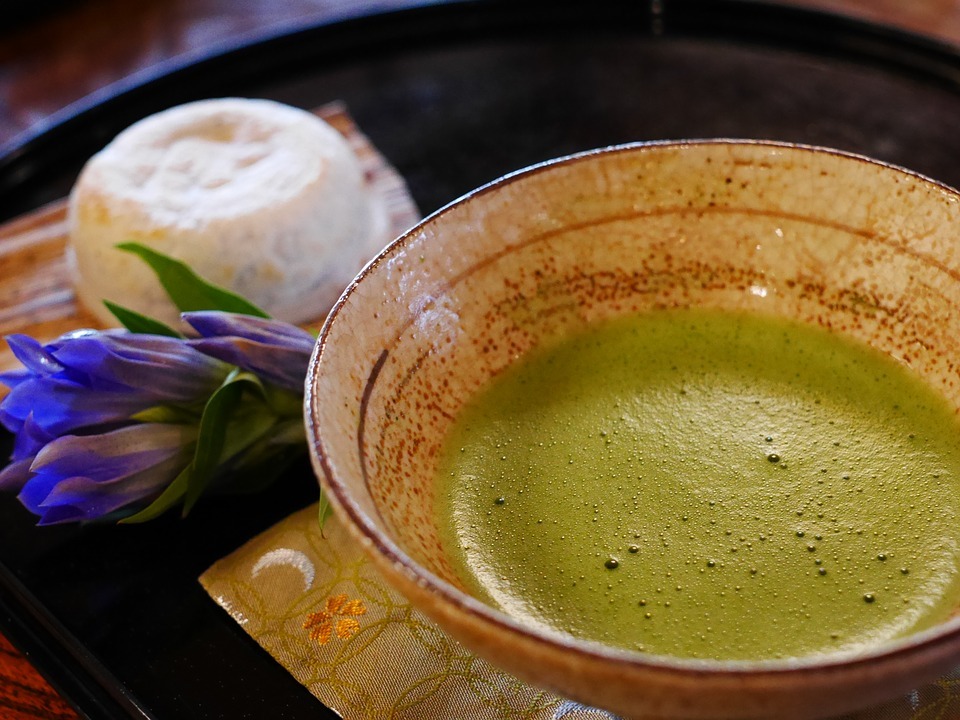
In Japanese culture, Chanoyu, or Tea ceremony is the art of preparing and drinking tea mindfully. The whole idea of this ceremony is to focus on the present moment and appreciate it. The ceremony can be hosted anywhere provided that the host should have sufficient knowledge of it. It is believed that the technique of organizing tea ceremony can never be mastered perfectly, which is why practitioners always keep on practicing the art. Matcha green tea (powder) is generally preferred by the people in Japan in these ceremonies.
Itadakimasu – Express gratitude at the dining
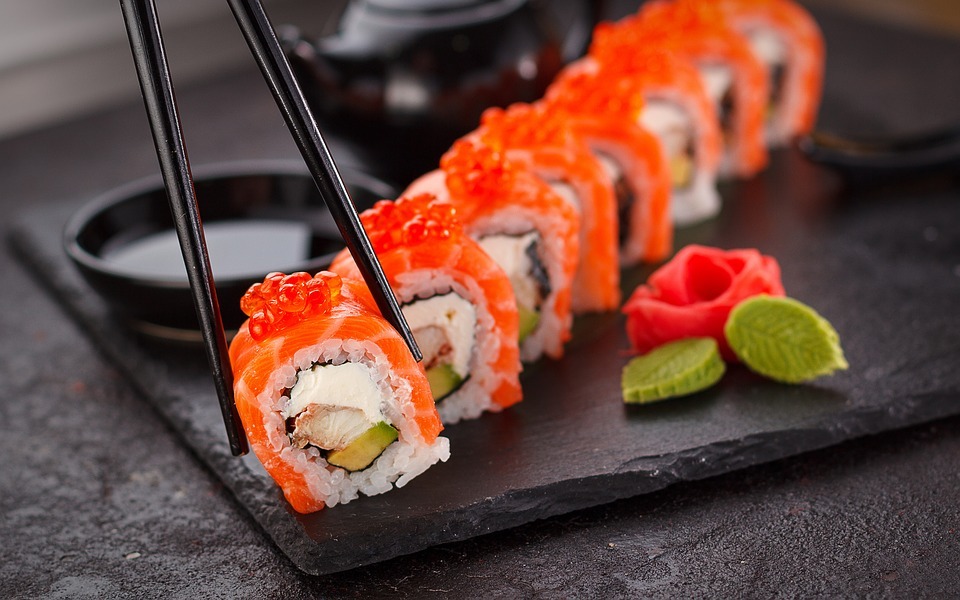
If you have stayed in Japan at some time in your life, you must have heard this word at least once. Itadakimasu simply means ‘grace’ in Japanese culture, and Japanese people use this polite phrase at dining, to express gratitude towards everyone who helped prepare the meal. And not only this, but they also express thanks for the meal saying, “gochiso sama deshita”, which literally translates, ‘it was quite a feast’.
Gift giving

This tradition is deeply ingrained in Japanese culture where people give presents to each other on different occasions. Sick people receive flowers; children are gifted with electronics while wedding couple receives money as gifts. In return for these gifts, people send a mandatory ‘thank-you’ gift to their givers, as a part of showing respect towards them. These thank-you gifts are called O-kaeshi in Japanese and are mostly redeemed during occasions related to birth, wedding or illness. The average price of thank-you gifts is approximately half of the original price.
Japanese culture etiquette: Take off your shoes
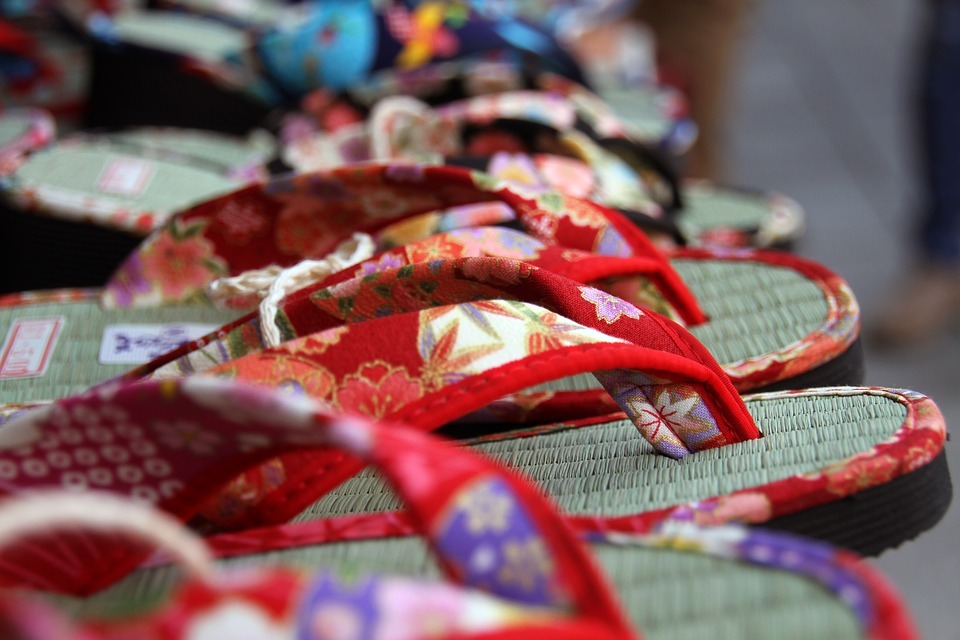
While staying in Japan, never forget to take off your shoes wherever you see tatami mats. These mats are weaved from straw and are mostly found in interiors of houses and several workplaces. As they easily suffer wear and tear due to scraping of shoes, you need to remove your shoes before entering inside. In Japanese culture, this etiquette is basically followed to maintain cleanliness on the floor, as Japanese people mostly eat sitting on mats.
“Cleanliness is next to Godliness”
Japan is very strict when it comes to cleanliness. It is a kind of habit inculcated in Japanese culture a long time ago. Perhaps this is why people in Japan are so much obsessed about keeping their surroundings clean. In fact, children are given the task of tiding their school premises from a very young age. And it is interesting to see them cleaning the classroom floors happily without considering it as a menial task. As said earlier, people in Japan use tatami mats in their houses, hence, they make sure that everything is perfectly neat.
Bowing – The act of showing respect

The etiquette of bowing is in the DNA of Japanese culture. People in Japan always go an extra mile while showing respect to people, irrespective of their status. Besides greeting and wishing, people also bow throughout a conversation as an act of showing active respect. Japanese bow can vary from a slight nod to the longest and deepest bow by bending one’s waist. A long and deep bow is considered most respectful in Japanese culture.
Sho go nai – Do not worry for things you can’t control

It is a commonly used phrase in Japanese culture which literally means ‘Don’t worry about things you can’t control’. And this is what people in Japan follow from the heart. They don’t take stress about things they can’t control and focus on the stuff they can control instead. Most of you have this natural habit of worrying too much about things you absolutely have no control of. So it’s time to say ‘Sho go nai’ to your stress marks.
‘Be courteous’, says Japanese culture

People in Japan are very considerate towards others, especially in metros. They step out of their seats of the train compartment to answer a call and try their best not to disturb the public by speaking in loud tones, especially when the call is personal. There are several signs in public places requesting people not to answer their calls or to switch off their phones. And not only this, if you are ever confused with directions in Japan, people will always be ready to help you. Sometimes they even walk with you to your destination as a part of courtesy.
No tipping

You would be surprised to know that tipping is not generally expected in traditional Japanese culture. It is very unlikely for a Japanese hotel service staff to accept those extra coins. They simply believe that they should be paid whatever they deserve, as they are doing their job. Try this out someday and you will see them chasing you to the outside of the restaurant to return those extra coins you tipped.


